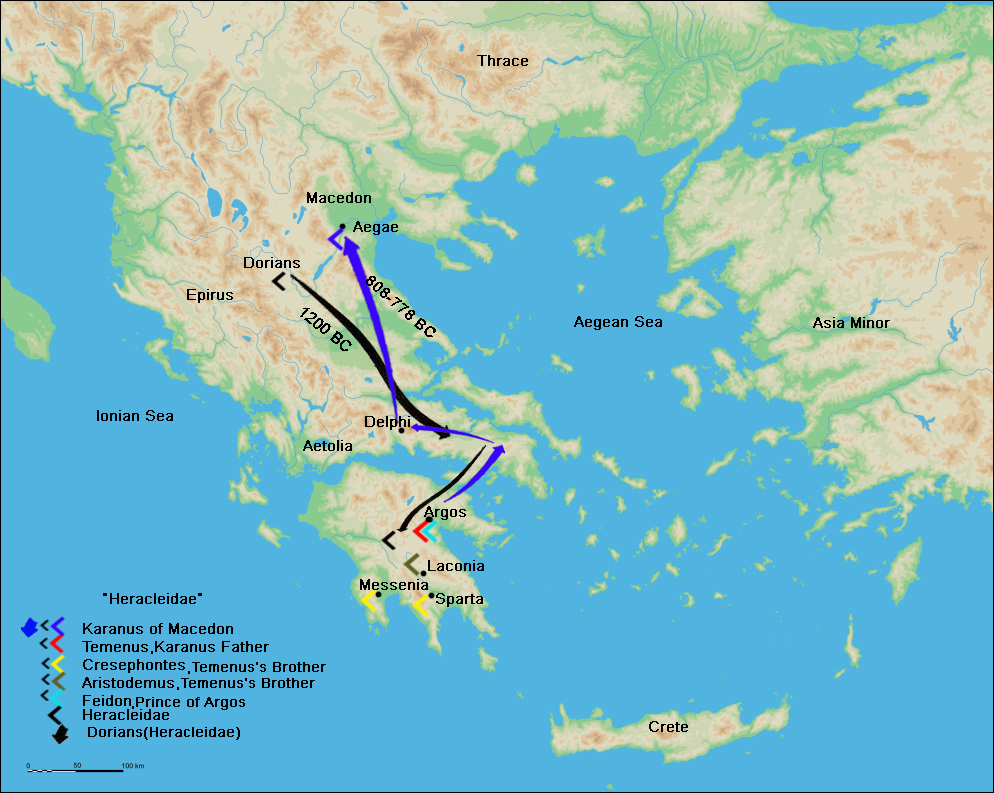
How reliable as historical records are the genealogies of patriarchs and the different tribes of Israel?
1977 saw the publication of Robert Wilson’s thesis, Genealogy and History in the Biblical World, a work that set the main framework for further studies of biblical genealogies. Wilson used two different studies of genealogies as a basis for comparing and understanding what the biblical ones were all about:
- Anthropological studies of oral tribal cultures, African and pre-Islamic Arabian;
- Amorite dynastic lists of Babylon and Assyria.
The genealogies found among African and Arab oral cultures were considered relevant because the biblical genealogies were believed to have derived from oral traditions. Wilson concluded that such genealogies preserved historical memories:
Although we have seen no anthropological evidence indicating that genealogies are created for the purpose of making a historical record, genealogies may nevertheless be considered historically accurate in the sense that they frequently express actual domestic, political relationships.7
7 Genealogy, p. 189
The use of oral traditions among current and recent tribal societies as a doorway into the biblical genealogies was rejected by John Van Seters who set out his reasons in several works. In In Search of History, for example, he wrote in response to Wilson’s Genealogy
It is, to my mind, highly questionable whether functional explanations of variations in genealogies based on anthropological analysis of oral societies can also apply to literary variations. Wilson does not examine the many contemporary literary genealogies in the Greek world.
(p. 48n)
If you took no notice of the title of this post then the predicate in the last sentence just alerted you to where this post is headed, at least if you are already aware of this blog’s interest in the relationship between the “Old Testament” and Greek literary culture (e.g. posts on books by Gmirkin, Wajdenbaum, Wesselius…). Expect in coming months another author to be added to those, Andrew Tobolowsky, author of The Sons of Jacob and the Sons of Herakles.

Tobolowsky points out that there is a significant structural difference between Babylonian and Assyrian royal genealogies on the one hand and those genealogies found in Genesis and the books of Chronicles on the other, is that the former are “linear”, that is, lists from father to son, while the latter are “segmented”, that is, following “multiple lines of descent, forming a kind of family tree.”
As Van Seters points out specifically about Wilson’s treatment:
On the one hand his Near Eastern linear genealogies, which derive from highly structured literate societies, bear very little resemblance to the segmented genealogies found in the book of Genesis. On the other hand, his discussion of the segmented genealogies and their comparison with Genesis is based upon anthropological studies of oral traditions in illiterate societies and this has created an artificial social and form-critical dichotomy.
Abraham Malamat, who generally embraces Wilson’s formulation, nevertheless adds:
Biblical genealogies represent a unique historical genre within the literature of the ancient Near East. I have here in mind not the so-called vertical lines of individuals such as the royal or priestly pedigree, which are common anywhere, but rather the ethnographical tables contained in the Book of Genesis… even more so… the ramified and wide-spread genealogies of the various Israelite tribes, assembled in the first nine chapters of 1 Chronicles. All these have no equal anywhere else in the ancient Near East.
As a result, as Van Seters pointed out and others have since confirmed, the better comparison with biblical genealogical discourse, especially as it is found in the book of Genesis, is neither the traditions of preliterate cultures nor linear king lists but the complex, literary genealogies that were particularly popular in the world of Greek myth.
(p. 4 — my highlighting)
Tobolowsky dates the creation of these biblical genealogies to the late Persian period. I suspect Russell Gmirkin whose books we have discussed here would suggest a later time, that of the Hellenistic era.
Tobolowsky, Andrew. 2017. The Sons of Jacob and the Sons of Herakles: The History of the Tribal System and the Organization of Biblical Identity. Tübingen: Mohr Siebeck.
Van Seters, John. 1983. In Search of History: Historiography in the Ancient World and the Origins of Biblical History. New Haven: Yale University Press.
If you enjoyed this post, please consider donating to Vridar. Thanks!

Ethan from the Biblical Criticism forum has some interesting comparisons between the Israelites and Spartans, and I think the Maccabean literature has the Spartans as being sympathetic to their [the Jews] religion. I’ll need to check that book out.
I wonder if he mentions the Perseus genealogy. When Heracles was conceived Zeus intended Herakles to be king of the descendants of Perseus like Jesus is was given kingship by his father to rule over the descendants of Jacob.
Diodorus Siculus “Library of History Book IV. 1-18”
Luke 1
So we have the birth of the son of god who is to rule over the descendants of a patriarch and has their life threatened by someone(Hera and Herod) who doesn’t want them to be king.
The book is not a point by point comparison of myths but a complex study of different functions and forms of genealogies and foundation myths. There is no one story of the Heracleids; myths varied in different times and places, and it many populations seemed to have wanted to put in a claim to be connected with Heracles in some way.
Certainly this would apply to Jews who believed themselves to be kindred spirits to Spartans, enough so to speak favourably of them in their literature, and even adapting Herakles into their tradition as Samson.